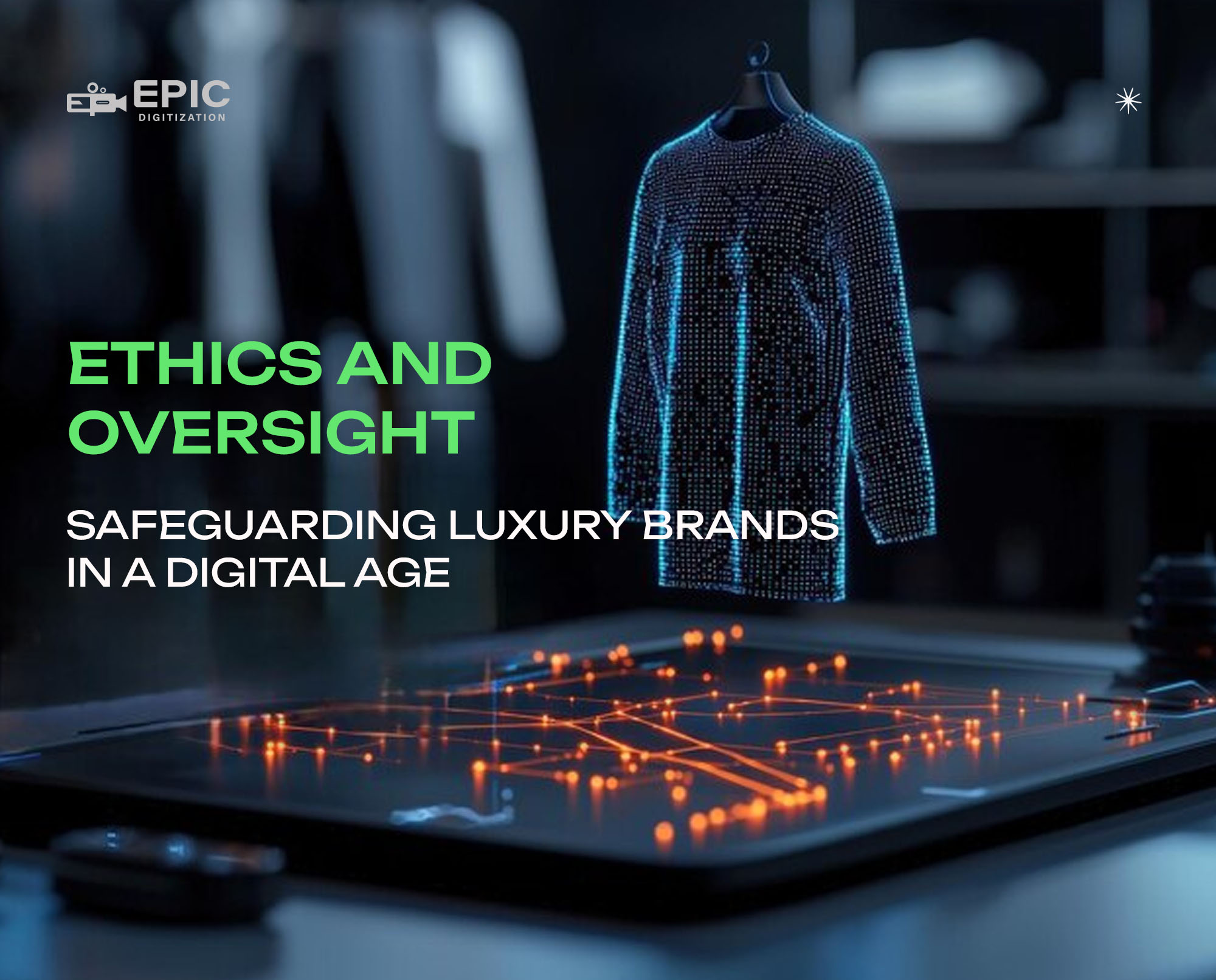Effective oversight is crucial in maintaining ethical standards and preventing potentially damaging missteps. Luxury brands should consider implementing:
1. Ethics Committees with Real Authority
Establish internal bodies with diverse membership to review marketing campaigns and ensure alignment with ethical guidelines. These committees should have the authority to delay or veto campaigns that raise concerns, regardless of deadlines or commercial pressures.
Kering Group, which owns brands including Gucci, Saint Laurent, and Bottega Veneta, has implemented a cross-brand ethics committee that reviews major campaigns and provides guidance on sensitive issues.
2. Regular Training and Cultural Competence
Educate employees on ethical practices and the importance of brand integrity in the digital age. This training should be ongoing and evolve to address emerging ethical considerations.
LVMH has developed comprehensive training programs for marketing teams that cover cultural sensitivity, ethical considerations, and responsible representation, ensuring that all team members understand both the what and the why of ethical marketing.
3. Stakeholder Engagement Beyond the Boardroom
Involve diverse voices in decision-making processes to gain varied perspectives and avoid blind spots. This should include not only internal stakeholders but also external experts and representatives from communities depicted in marketing materials.
Tiffany & Co. has established consumer advisory panels that include members from various demographic groups, providing feedback on campaign concepts before significant resources are invested in production.
4. Ethical Risk Assessment Protocols
Develop systematic processes for identifying potential ethical issues in marketing concepts before they reach production. These protocols should include specific questions about representation, cultural sensitivity, and potential misinterpretations.
Chanel has implemented a multi-stage review process that includes specific checkpoints for ethical considerations, ensuring that campaigns are evaluated not just for aesthetic quality and brand alignment but also for potential ethical concerns.
Embracing Technology Responsibly
While technologies like AI, virtual reality, and digital fashion offer innovative marketing avenues, they must be used responsibly. The rise of AI-generated models in fashion campaigns has sparked debates about authenticity and the potential displacement of human talent. Brands must weigh the benefits of such technologies against ethical considerations and societal impacts.
The AI Model Dilemma
Several luxury brands have experimented with AI-generated models and influencers, raising important questions about:
✓ Transparency: Are consumers being clearly informed when they’re viewing AI-generated content?
✓ Representation: Do AI-generated models perpetuate unrealistic beauty standards?
✓ Employment impact: What are the implications for human models and creative professionals?
Brands like Balmain have used AI-generated models while being transparent about their nature, striking a balance between innovation and ethical considerations.
Virtual Experiences and Digital Ownership
As luxury brands explore the metaverse and digital fashion, new ethical questions emerge:
✓ Accessibility: Are digital luxury experiences creating new forms of exclusion?
✓ Environmental impact: What is the carbon footprint of blockchain-based digital fashion?
✓ Value proposition: What constitutes authentic luxury in virtual spaces?
Brands like Burberry and Louis Vuitton have entered these spaces thoughtfully, ensuring that their digital offerings maintain the quality and exclusivity associated with their physical products while being transparent about the nature and limitations of digital ownership.
Preparing for Ethical Crises
Despite the best preventive measures, ethical crises can still occur. Luxury brands should develop comprehensive crisis management plans specifically for ethical controversies:
1. Rapid Response Capabilities
Establish clear protocols for addressing ethical concerns as soon as they emerge, including designated spokespersons and pre-approved response frameworks.
2. Authentic Accountability
Prepare leadership to take genuine responsibility when mistakes occur, avoiding defensive or dismissive responses that can exacerbate the situation.
3. Meaningful Remediation
Develop guidelines for making substantive changes in response to valid criticism, demonstrating a commitment to learning and improvement rather than merely managing public relations.
Prada’s response to criticism over certain product designs provides a positive example. The brand not only apologized and withdrew the products but also established a Diversity and Inclusion Advisory Council to provide ongoing guidance, transforming a crisis into an opportunity for meaningful improvement.
Conclusion: Upholding Luxury in the Digital Age
As luxury brands continue to explore the digital frontier, maintaining ethical integrity is paramount. By establishing clear ethical frameworks, implementing robust oversight mechanisms, and embracing technology responsibly, brands can safeguard their reputations and build lasting trust with consumers.
The most successful luxury brands recognize that in today’s market, ethical considerations are not constraints on creativity but essential elements of true luxury. Consumers increasingly view ethical production, responsible marketing, and authentic representation as defining characteristics of luxury brands worthy of their loyalty and investment.
By integrating ethics into every aspect of their digital presence, luxury brands can not only avoid damaging controversies but also strengthen their connection with consumers who expect the brands they support to reflect their values and aspirations.








